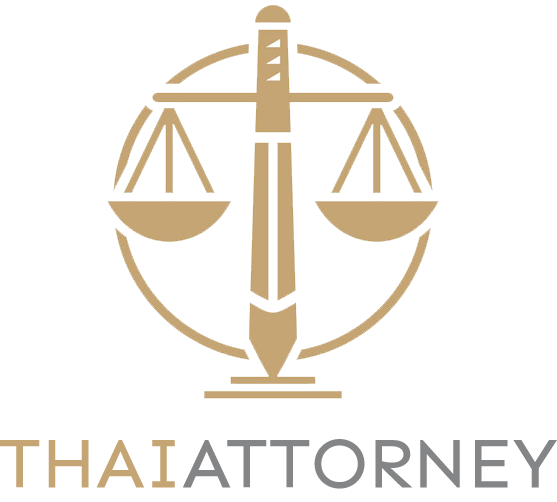In Thailand, child legitimation is an important process that ensures children receive the same rights and privileges as those born in wedlock. It also demonstrates the nation’s commitment to safeguarding children’s rights.
Under Thai CCC Section 1547, a father may apply to register his legitimate children at the local district office. The mother and child must consent to this application.
Biological Relationship
For children born out of wedlock, the process of child legitimation helps to provide a number of important rights, including financial security, inheritance rights and social acceptance. It also helps to ensure that the father has a legal obligation to provide support for the child.
According to Section 1547 of the Thai Civil and Commercial Code, a father can seek to legitimize his child by filing a petition with the local district office. He must receive consent from the mother and the child to do so. If he cannot obtain such consent, he can file the action himself after a Court judgment that he is suitable to exercise parental authority, partly or wholly, over the child.
However, an interested person can bring an action to annul such registration within three months of knowing about it. This is on the ground that the applicant, on whose initiative the action was registered, is not the child’s father.
Consent
Child legitimation in Thailand is an important process for children born out of wedlock. It provides them with legal rights and status, as well as social acceptance. It also allows them to inherit from their father and to access government benefits like education and medical care. In addition, it allows them to change their name to include the father’s surname, recognizing their lineage and heritage.
In addition, child legitimation establishes the father’s obligation to support his child. This is particularly important in Thailand, where many single mothers struggle to provide for their children financially.
Legal Capacity
In Thailand children are considered to be under parental authority and control of their parents until they reach the age of twenty or until they get married. Children also have the right to inherit from their fathers and use their surname. Parents are obligated to provide their children with food, shelter, and education.
Child legitimation is a process that ensures that every child is treated fairly, regardless of the marital status of their parents. It helps reduce the stigma associated with illegitimate children and gives them a chance to lead a happy life.
Under Section 1548 of the Thai Civil and Commercial Code, a father can apply for registration of legitimation only after obtaining the consent of the mother and the child. If the child or mother does not raise an objection within sixty days from the date of the father’s application for registration, it is presumed that they have given their consent. Otherwise, the father can challenge the decision in court.
Registration
If a father wishes to gain custody of his child in Thailand, he must register his child legitimization. The process requires the mother’s consent and both parents must appear together before a district office official to complete the application. The officials will verify the father’s identity and that the child is their biological offspring.
Once registered, children are considered legitimate and have the same rights as children born to married couples. This includes the right to inherit and use their father’s surname. Legitimation also helps reduce societal stigma and establishes the father’s obligation to provide support.
If the mother opposes her child’s legitimation she has ninety days to file a lawsuit against the registrar. This may be based on the grounds that she considers you unfit to exercise parental power partly or wholly. If her objection is successful, a court judgement will be issued against you.

